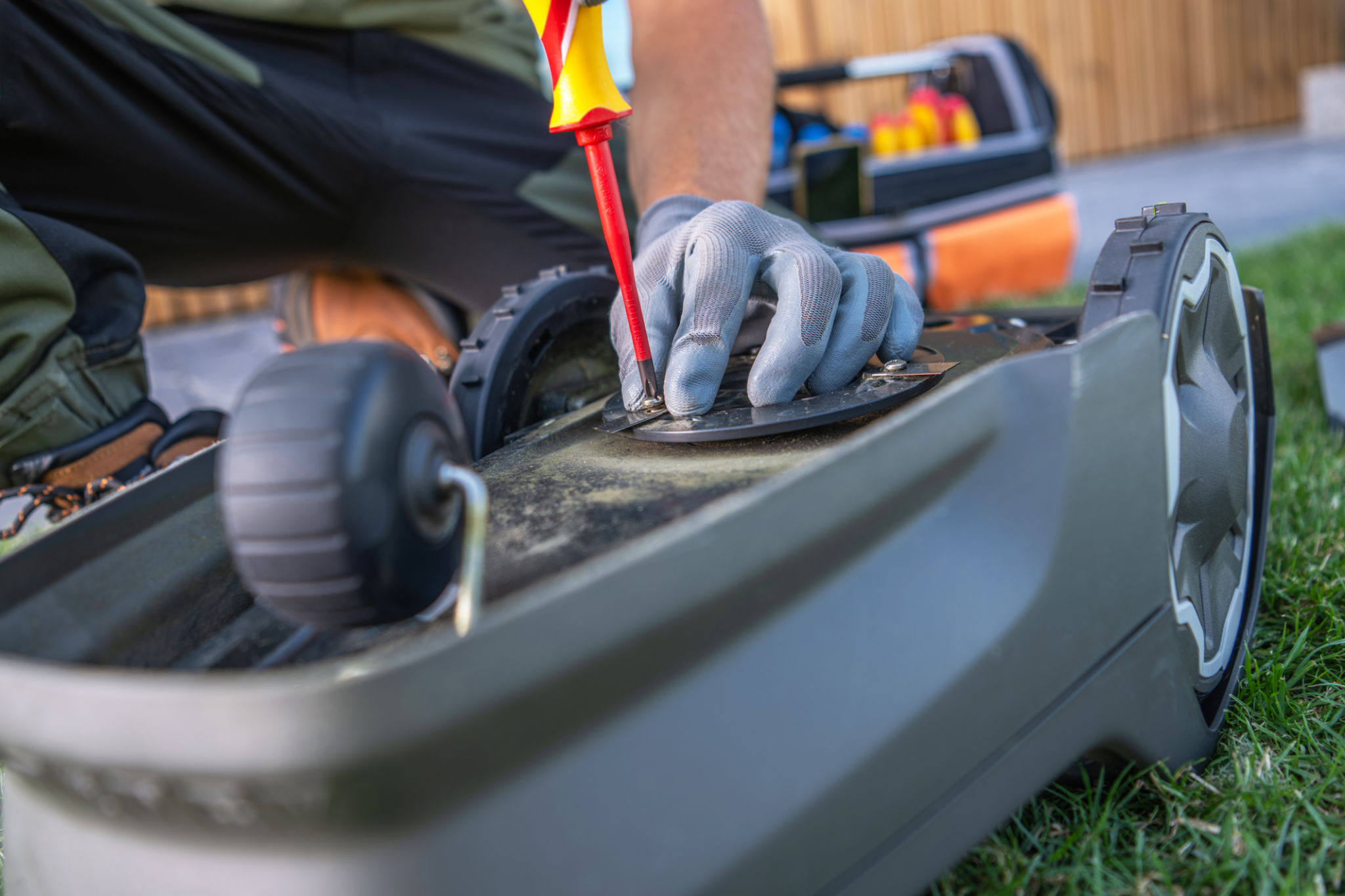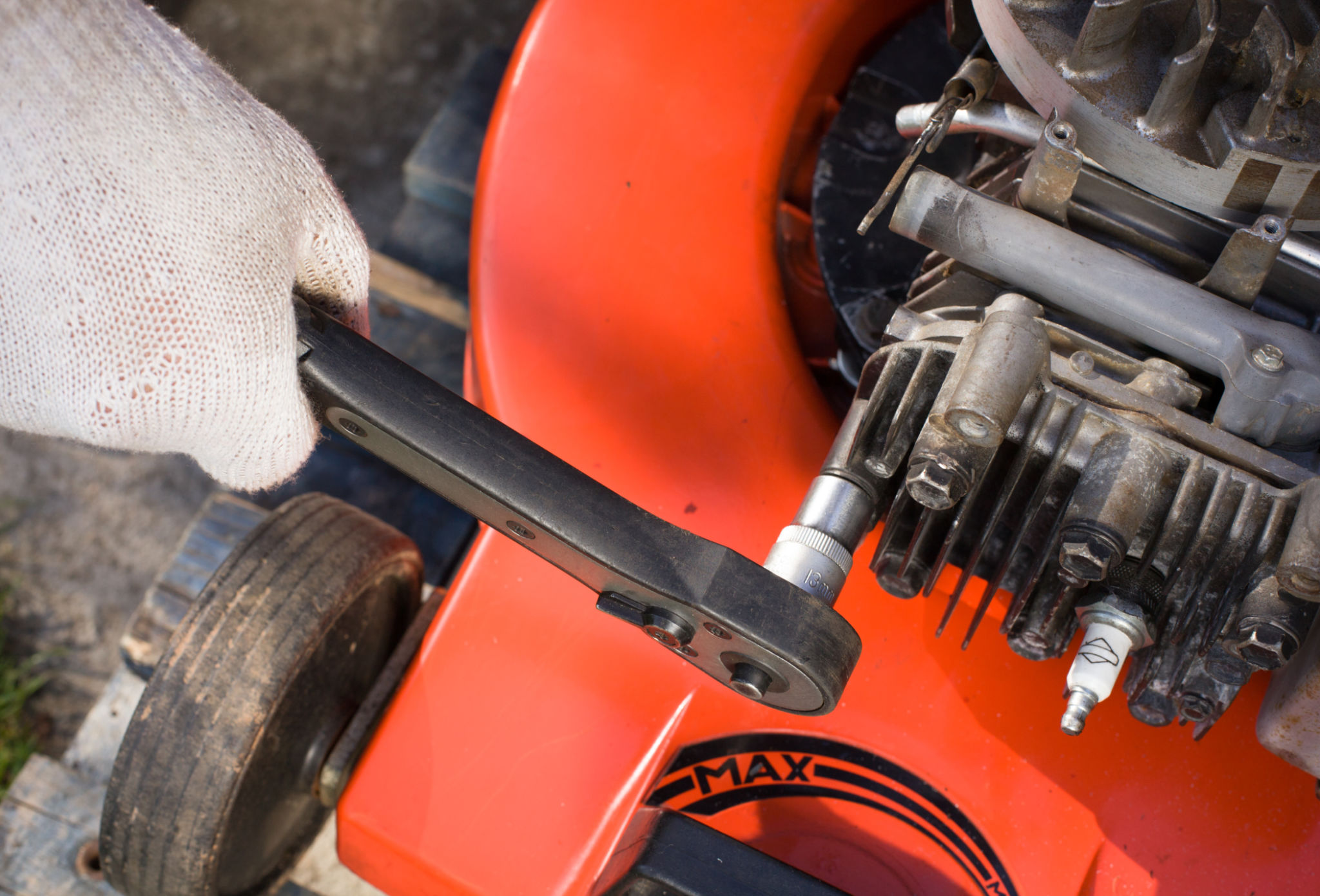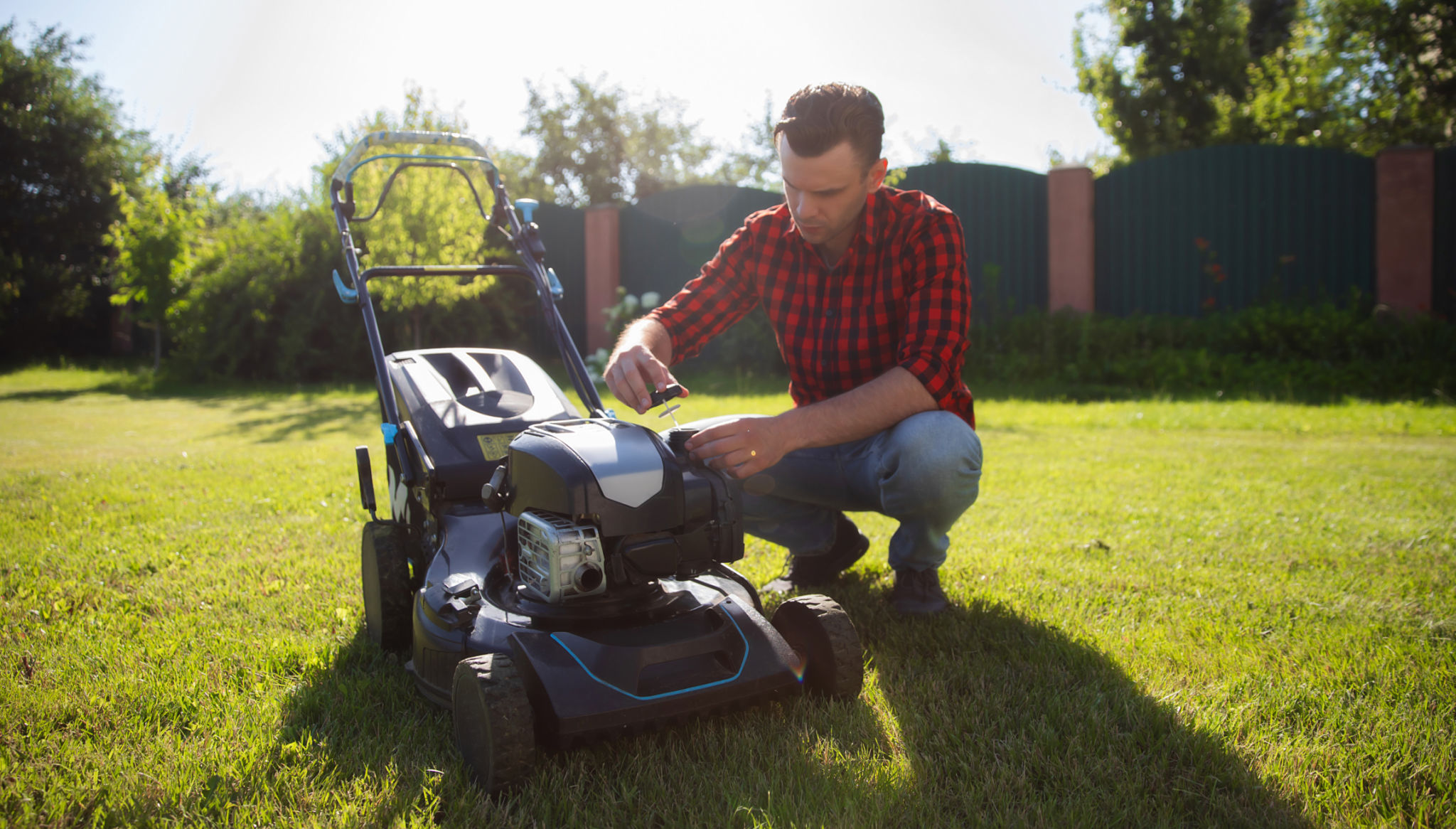Comprehensive Guide to Lawn Mower Repair and Maintenance
Understanding Your Lawn Mower
To effectively maintain and repair your lawn mower, it's essential to understand the basic components and how they function. Lawn mowers typically consist of an engine, blade, deck, wheels, and a handle. The engine powers the mower, while the blade cuts the grass. Regular maintenance of these components ensures optimal performance.

Routine Maintenance Tasks
Maintaining your lawn mower on a regular basis can prevent costly repairs and extend its lifespan. Here are some essential tasks:
- Change the Oil: Regular oil changes keep the engine running smoothly. Typically, you should change the oil after every 50 hours of use or at least once per season.
- Clean or Replace the Air Filter: A dirty air filter can reduce efficiency. Check it regularly and clean or replace it as needed.
- Sharpen the Blades: Sharp blades ensure a clean cut. Dull blades tear the grass, leading to an uneven lawn and potential disease.

Troubleshooting Common Issues
Even with regular maintenance, lawn mowers can encounter issues. Here are some common problems and their solutions:
- Mower Won’t Start: Check the fuel level, spark plug, and air filter. Ensure that the spark plug is clean and properly connected.
- Uneven Cutting: This may be due to dull blades or an uneven deck. Sharpen the blades and check if the deck is level.
- Engine Overheating: This can result from a dirty engine or insufficient oil. Clean the engine area and ensure the oil is at the correct level.
When to Seek Professional Help
While many lawn mower issues can be resolved at home, some problems require professional assistance. If you encounter complex engine issues, persistent starting problems, or fuel system complications, it's best to consult with a professional repair service. Professionals have the tools and expertise to handle more severe issues safely.

Storage Tips for Longevity
Proper storage is crucial for maintaining your lawn mower's condition during off-seasons. Always clean your mower before storing it to prevent rust and corrosion. Empty the fuel tank to avoid stale fuel clogging the system. Store your mower in a dry, sheltered area to protect it from harsh weather conditions.
If possible, elevate the mower slightly off the ground during storage to prevent moisture damage to the wheels and undercarriage. Covering your mower with a protective tarp adds an extra layer of protection from dust and debris.
Additional Tips for Optimal Performance
Beyond regular maintenance and storage, there are additional steps you can take to enhance your lawn mower's performance:
- Regularly Check Tire Pressure: Ensure that the tires are properly inflated to prevent uneven cutting and excessive wear on the mower's deck.
- Inspect Belts and Cables: Periodically inspect belts and cables for signs of wear and tear, replacing them as needed to avoid sudden failures.

By following these tips and guidelines, you can ensure that your lawn mower remains in excellent working condition, providing you with a beautiful and well-manicured lawn year after year. Regular maintenance not only saves money on repairs but also enhances the efficiency and lifespan of your equipment.